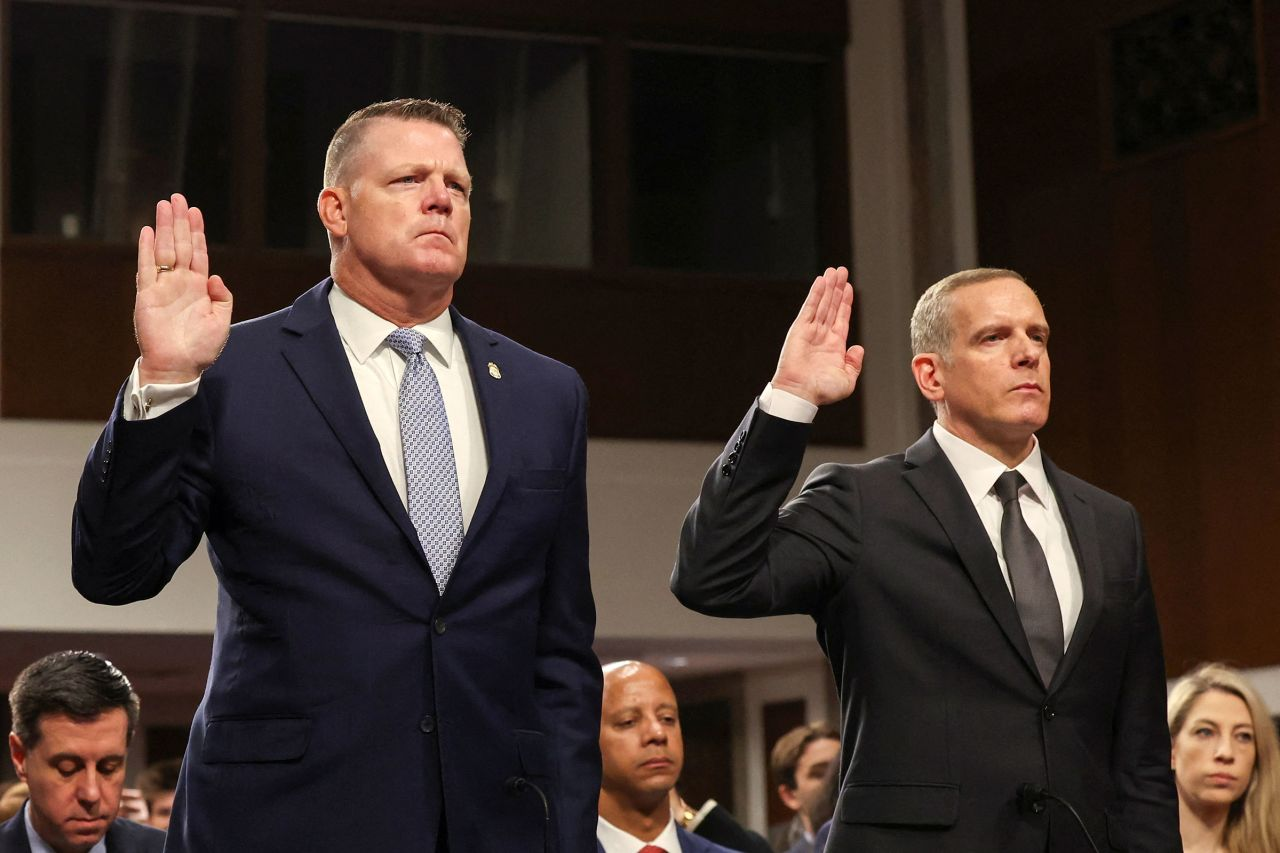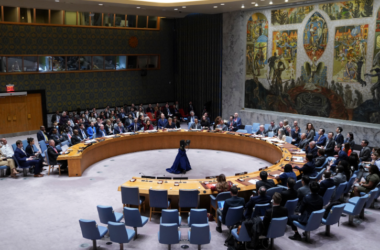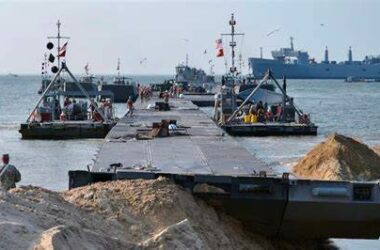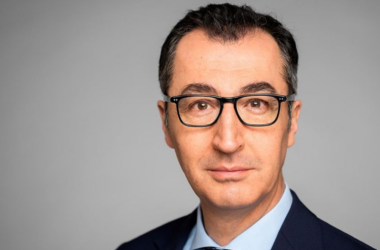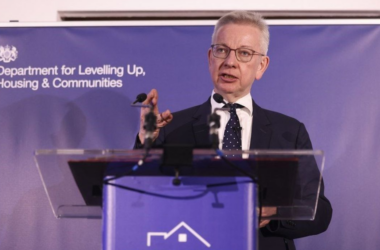Acting Secret Service Director Ronald Rowe testified at a Senate hearing on Tuesday, attributing a significant security failure during a recent assassination attempt on former President Donald Trump to local law enforcement.
Rowe claimed that there was an expectation that local authorities would adequately cover the building where the shooter gained access. “We were told that building was going to be covered,” Rowe stated, emphasizing that a face-to-face meeting had occurred that afternoon, and his team had assessed the security arrangements.
During the hearing, Rowe expressed frustration at the lack of coverage, particularly pointing to the roofline where the shooter was positioned. “I cannot understand why there was not better coverage or at least somebody looking at that roofline,” he said, displaying photos of the area where police should have been stationed.
While Rowe was critical of the local law enforcement response, he also sought to acknowledge their importance in overall security efforts. “Our state and local law enforcement partners are the best,” Rowe said. “We need them and we need them to be partners with us.” Despite this, he was direct in his criticism: “We assumed the state and locals had it.”
In addition to local law enforcement issues, Rowe highlighted technical and communication challenges that may have contributed to the security lapse. He noted problems such as reliance on text messages instead of radio communication and difficulties with cellular service at the scene. Rowe also revealed that the Secret Service’s radio communications from the rally were not recorded, but he has since ordered that such recordings be retained in the future.
“We will have them moving forward,” Rowe assured.




